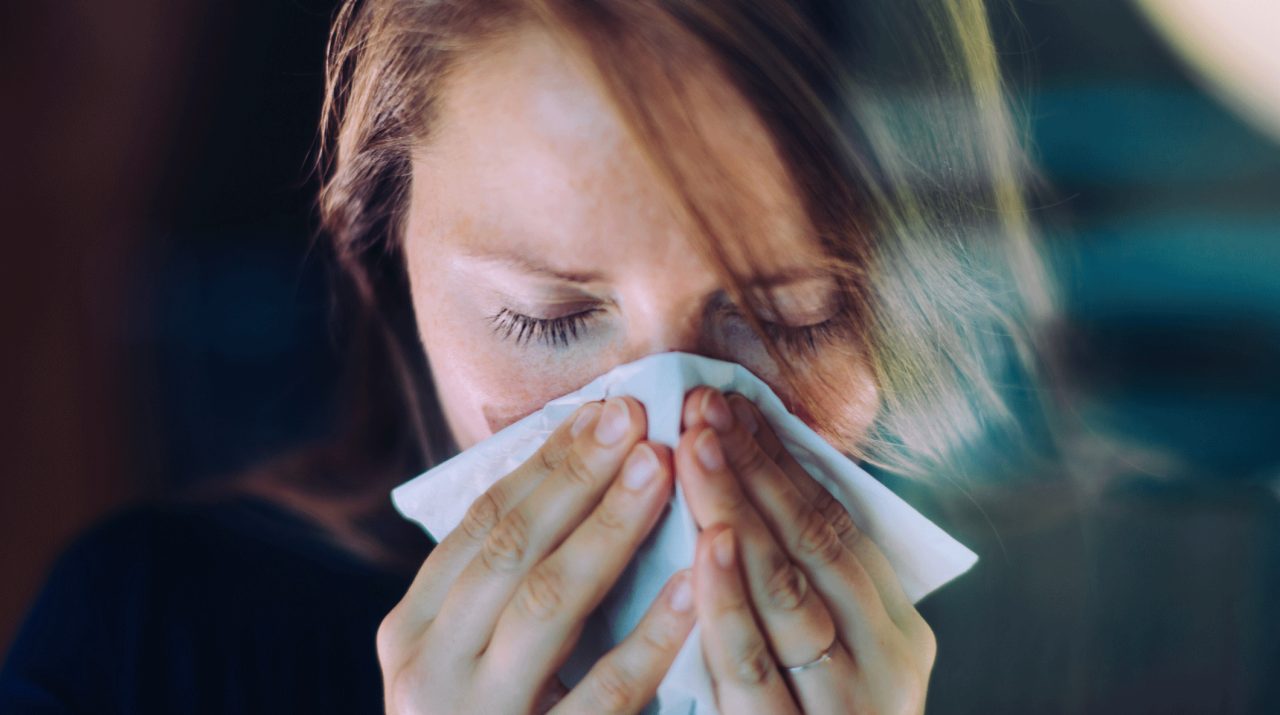What Is the Common Cold?

The common cold is caused by several different viruses, with symptoms that tend to go away within 10 days. They usually occur in the winter and spring.
What is the common cold?
It’s common for adults to get two or three colds a year, which usually go away in a week to 10 days. Rhinoviruses cause more than half of all colds, but there are other types of viruses that fall into this category.
Usually, people get sick in the winter and spring; however, a cold can strike at any time. The name arose in the 1500s. That may have been because cold viruses spread more easily in lower temperatures, and exposure to cold and dry air may make your body less able to fight off a cold without symptoms.
YOU MIGHT ALSO LIKE: What Is Coronarvirus?
The symptoms of a cold usually start with a sore throat and runny nose, followed by coughing and sneezing and aches and pains. If you have asthma or another respiratory condition you may develop bronchitis or pneumonia. Rhinoviruses may trigger asthma attacks and sinus and ear infections.
Cold viruses spread when you shake hands with someone who is infected or touch an infected surface like a doorknob and then your eyes, mouth, or nose, or exposure after someone coughs or sneezes. You can cut your risk of infection by frequently washing your hands with soap for 20 seconds. The next best option is to use an alcohol-based hand sanitizer.
To avoid spreading a cold virus, stay a home and don’t shake hands or hug or kiss anyone. When you cough or sneeze, move away from other people and use a tissue or your upper shirt sleeve, completely covering your mouth and nose. Wash your hands.
There is no vaccine to protect you against the common cold. There also is no cure.
Some evidence suggests that supplements like elderberry and echinacea will have a mild effect to lower your risk or speed up your cold. But your best protection is to stay healthy by getting enough sleep, exercise, social support, and stress relief. Once you’re ill, you’ll need to rest and drink plenty of fluids. Over-the counter cold medicine will help you feel better but won’t speed recovery from the cold. You don’t need antibiotics -- they will not affect any virus.
See a doctor if your symptoms are severe or unusual or last more than 10 days. You might have a flu, which can become serious.
What's the difference between a cold and the flu?
Sneezing is one of the best signs that you have a cold, not a flu. The flu is caused by the influenza virus, which is not one of the viruses classified as causing the common cold. The flu tends to cause more severe symptoms, including fever, chills, headache, and fatigue, which are rarer with a cold. But it can be impossible to know which you have. Children under the age of five, the elderly, pregnant women, and people with asthma, diabetes, and heart disease are more vulnerable to flu complications, so they should see a doctor if they have lingering symptoms. There are both vaccines and drugs available for the flu.
Updated:
August 23, 2021
Reviewed By:
Janet O'Dell, RN